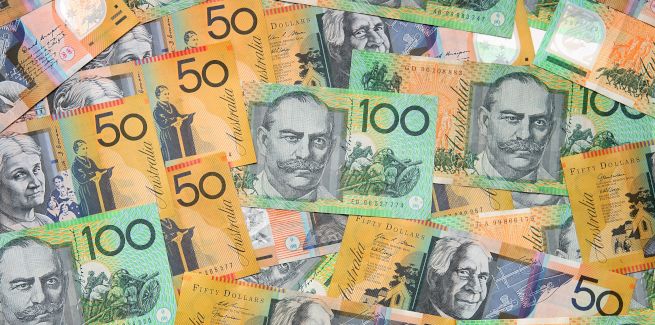The latest Household Impacts of COVID-19 Survey by the Australian Bureau of Statistics (ABS) has shown that the vast majority of consumers’ household finances had stayed the same through May (81 per cent).
One in eight (12 per cent) respondents saw their finances worsen over the month, a slight reduction from 13.7 per cent in February, 14.3 per cent in January and 16 per cent in September.
Only 7 per cent of consumers saw an improvement, which was flat on the February survey, but almost half of September’s 12.3 per cent.
All the while, the proportion of those who saw their finances stay at the same levels increased, from 71.8 per cent in September to 77.6 per cent in January and 79.4 per cent in February.
For the year to May, three-fifths of consumers reported no change in household finances, while 22 per cent saw them deteriorate. A smaller slice (17 per cent) had seen an improvement.
Only one in five (21 per cent) expects their household finances to improve over the next 12 months, but the number had increased from February’s 18 per cent.
A fifth (20 per cent) of Australians reported that their household had taken one or more financial actions in May to support their basic living expenses, compared with 16 per cent in January.
Of the consumers who had taken actions, 12 per cent had drawn on accumulated savings or term deposits, 3 per cent entered into a loan agreement with family or friends, and 3 per cent increased the balance owing on their credit card by $1,000 or more.
The majority (76 per cent) said their household could raise $2,000 for something important within a week. A tenth (12 per cent) said their household could manage $500, but not $2,000, while 5 per cent said they would be unable to raise $500 in a week.
Renters were more likely to report being unable to raise $500 (10 per cent), compared with 3 per cent of household owners without a mortgage.
A little under a tenth (8 per cent) of consumers said their household was unable to pay one or more selected bills on time over the last three months due to a shortage of money.
People with a disability (12 per cent) were more likely than people with no disability (7 per cent) to report their household was unable to pay one or more selected bills on time over the last three months due to a shortage of money.
The majority (91 per cent) expect their household will be able to pay bills received in the next three months.
[Related: Home buying intentions on the rise: CBA]










